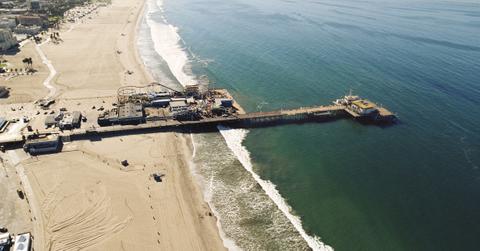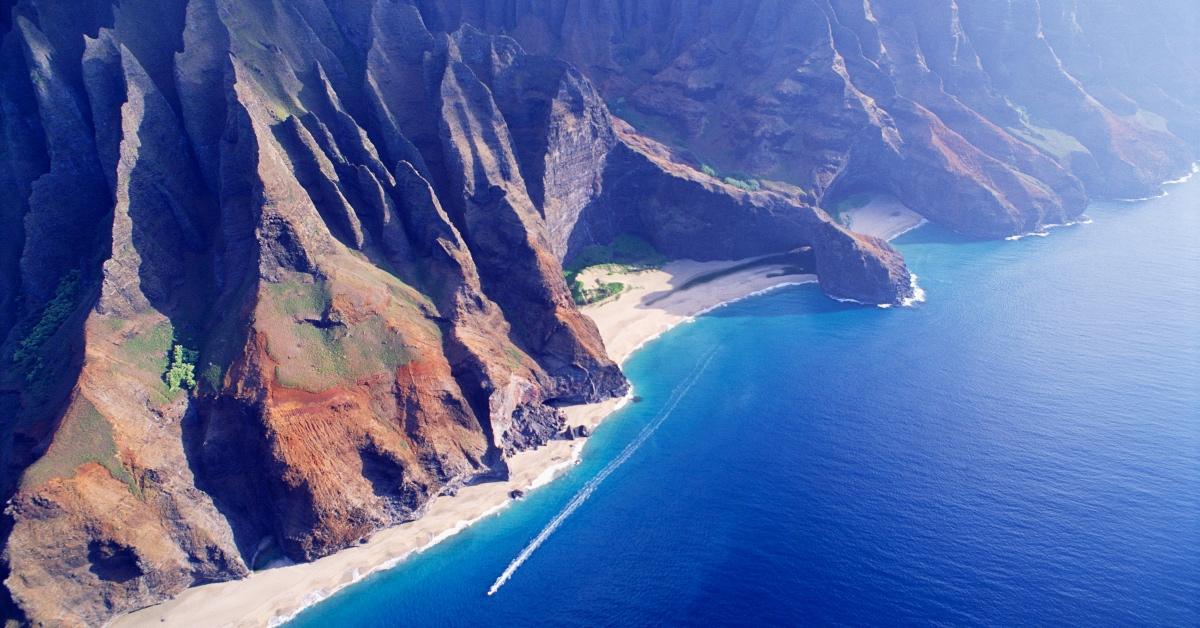Coastal Areas Have Been a Focus of Conservation Efforts For Some Time Now — Why?
Published May 6 2022, 3:24 p.m. ET

First enacted in 1972, the Coastal Zone Management Act encourages coastal states to facilitate programs geared toward the conservation and restoration of natural resources. All 35 coastal and Great Lakes states — with the exception of Alaska, which opted out in July 2011 — participate in the initiative that aims to "manage coastal waters and adjacent lands." But why was the piece of legislation introduced? Why are coastal areas a focus of preservation?
Why are coastal areas a focus of preservation?
The conservation and rehabilitation of coastal areas is the shared responsibility of the authorities and the civil sector. Human activities — such as agriculture, aquaculture, energy production, and tourism — accelerate the deterioration of coastal regions, leading to a loss in biodiversity.

The rapid changes introduced to the flora and fauna yield lasting consequences — which can be slowed down and eliminated with conservation efforts. Without conservation efforts, the extinction of these species becomes more likely. What's more, without undertakings aimed to mitigate the adverse effects of human activity, the probability of coastal areas irreversibly changing will increase.
Take California, a coastal state home to endangered species like the El Segundo blue butterfly, the Morro Bay kangaroo rat, the Western Lily, Steller sea lion, the Ridgway's rail, and many others. Climate change, rising temperatures, and rising sea levels pose the threat of fundamentally altering their natural habitats. Increased human activity such as deforestation or waste management practices bear considerable influence on the biota.
The last U.S. sand mine in Marina, Calif., closed down in 2017 — marking a vital step for activist groups and organizations working hard to protect the complex macrocosm of the coastal areas.
The next few years should see increased conservation efforts directly targeting coastal areas.
As a landmark study published by the University of Queensland in February 2022 found, the degradation of coastal areas is fast becoming a global issue. The disappearing beaches of Hawaii, the fast-changing coastlines of British Columbia, and the deadly effects of climate change on the coastal areas of California have all become talking points over the past few years.
Less populated and economically disadvantaged geographical locations like the Kimberley region in Western Australia have also undergone considerable changes as a direct result of human activity — such as aquaculture — and the various off-shoots of the climate crisis. As the study has found, only 15.5 percent of the world's coastal regions remain ecologically intact.
"Conserving valuable ocean and coastal areas not only protects significant habitat and other natural resources. It also precludes the need to undertake costly and scientifically uncertain restoration efforts after an area has been degraded or lost," states "Conserving and Restoring Coastal Habitat," a report compiled by the U.S. Commission on Ocean Policy and archived by UNT Library Resources.
"Current conservation needs, however, are not being met — a situation that will continue to worsen with increasing pressures on the ocean and coastal environments and rising demands for coastal land," states the report.
Conservation efforts help mitigate the disastrous impacts of agriculture and aquaculture, tourism, waste management, energy production, and many other fields. They offer a less radical alternative to rehabilitation — and the fast-rising field of rehabilitation technology — allowing the authorities and the civil sector to implement meaningful changes and prevent the looming disaster.